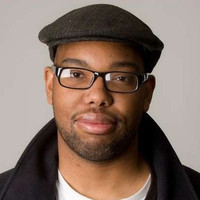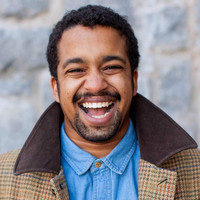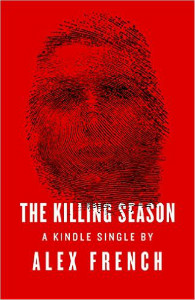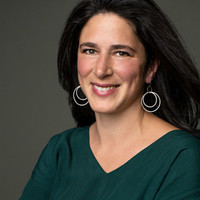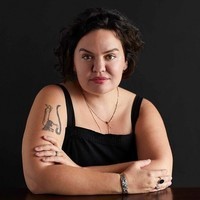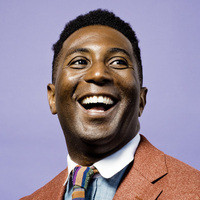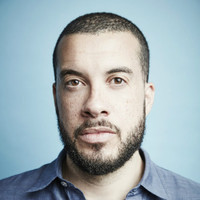Lulu Garcia-Navarro is a former war correspondent and host of NPR’s Weekend Edition. Her new podcast, for the New York Times, is First Person.
“I would always say that if you go cover a story and you already know what people are going to say, and you already have it in your head what the outcome is, and there's no surprise there, then that's a story that you shouldn't be working on. You have to allow the opportunity for there to be a journey. And for there to be something at the end of it, that is gonna be like, Wow. I really never thought that. I didn't think that I was coming here to report on that, but I guess that's what I'm here to report on.”










